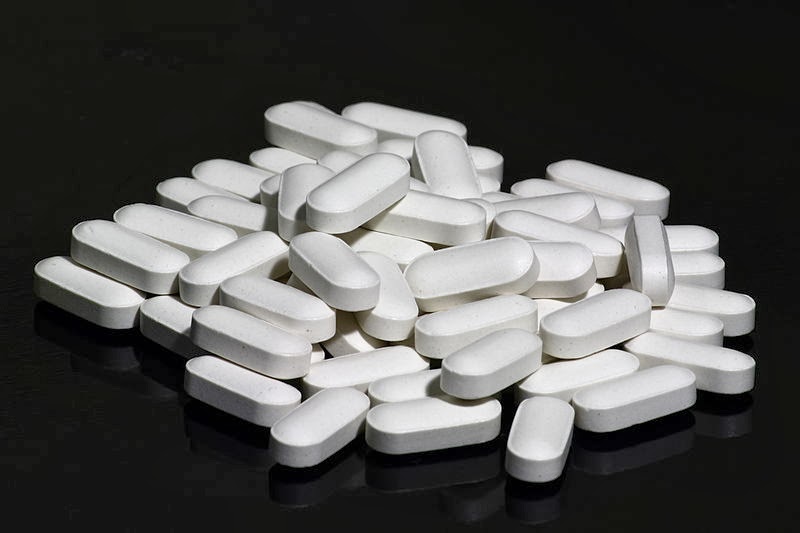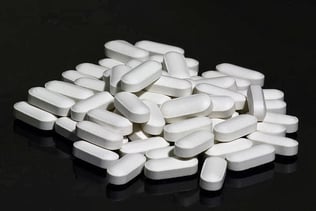Ah, that IS the question. Ever since the first supplements were introduced in the early 1940s, Americans have been taking vitamins and minerals to improve their health. The Office of Dietary Supplements (a division of the National Institutes of Health) estimates that half of all adults in the United States take some type of dietary supplement, and spend upwards of $30 billion annually on them.
But does taking supplements really improve your health? Specifically, should you take a vitamin D supplement?
Yes, No, and Maybe…
The only way to know for sure whether supplements benefit health is to conduct long-term, randomized, large-population studies. The VITamin D and OmegA-3 TriaL (VITAL), which began in 2010, is an ongoing research study of 20,000 men and women across the U.S. investigating whether taking daily dietary supplements of vitamin D (2000 IU) or omega-3 fatty acids (1 gram of fish oil) might lower the risk for diabetes, high blood pressure, memory loss, autoimmune conditions, and more.
Results are not yet available for the VITAL study. However, when a group of researchers analyzed 40 other studies on the effectiveness of vitamin D supplementation they concluded that there is no significant benefit to taking vitamin D, at least in terms of reducing risk of heart attack, stroke, cancer, or fractures. (By “significant” they mean that the risk is not reduced by more than 15 percent.)
While the researchers involved in the meta-analysis stated that ongoing studies are not likely to show substantial benefits to vitamin D supplementation, researchers involved in the VITAL study disagree. VITAL researchers state that many of the studies that have found vitamin D to be of little or no benefit “are far from conclusive, either because they enrolled few participants, were of short duration, or tested vitamin D doses now considered too low to be effective.”
Vitamin D plays a vital role in a variety of bodily functions including the function of our immune, nervous, and muscular systems. Therefore, a lack of the vitamin, some experts say, might be contributing to a variety of serious health problems. Yet, taking vitamin D supplements might cause harm if you are notdeficient.
So… do I need D supplements?
Your skin converts sunlight into vitamin D. Just 10-15 minutes of sunshine daily is all you need. (You should avoid excess sun exposure.) But sometimes you can’t get enough D from sunlight, especially if you:
- Live in northern regions, particularly during the winter
- Are older
- Have limited exposure to the sun (e.g., are indoors all day, wear coverings that block the sun, or wear sun screen)
- Have dark skin
- Have celiac disease, Crohn’s disease, or other inflammatory bowel disease
- Are obese
In these cases you must get your D from other sources.
Fatty fish (cod liver oil, salmon, tuna, or mackerel) are excellent natural sources of vitamin D. You get a small amount when you eat beef liver, cheese, and egg yolks. Vitamin D is also added to milk and some ready-to-eat cereals. Vitamin D is also available as liquid drops, tablets, softgels, capsules, and chewable pills.
The American Academy of Pediatrics recommends children consume at least 1,000 IU of vitamin D daily. If they are not getting this from the foods they eat (e.g., dairy products), children should receive 400 IU vitamin D supplement daily.
The Institute of Medicine currently recommends adults take 600 international units (IU) daily; 800 IU daily if age 70 or older. The safe upper limit is 2,000 IU daily. When a blood test shows your vitamin D levels are low, your doctor might prescribe more (e.g., 5,000 IU daily).
Sources:
Dietary Supplement Fact Sheet: Vitamin D. 2013.
The Lancet: Diabetes & Endocrinology. 2014.
VITAL Study. 2010-2014.








